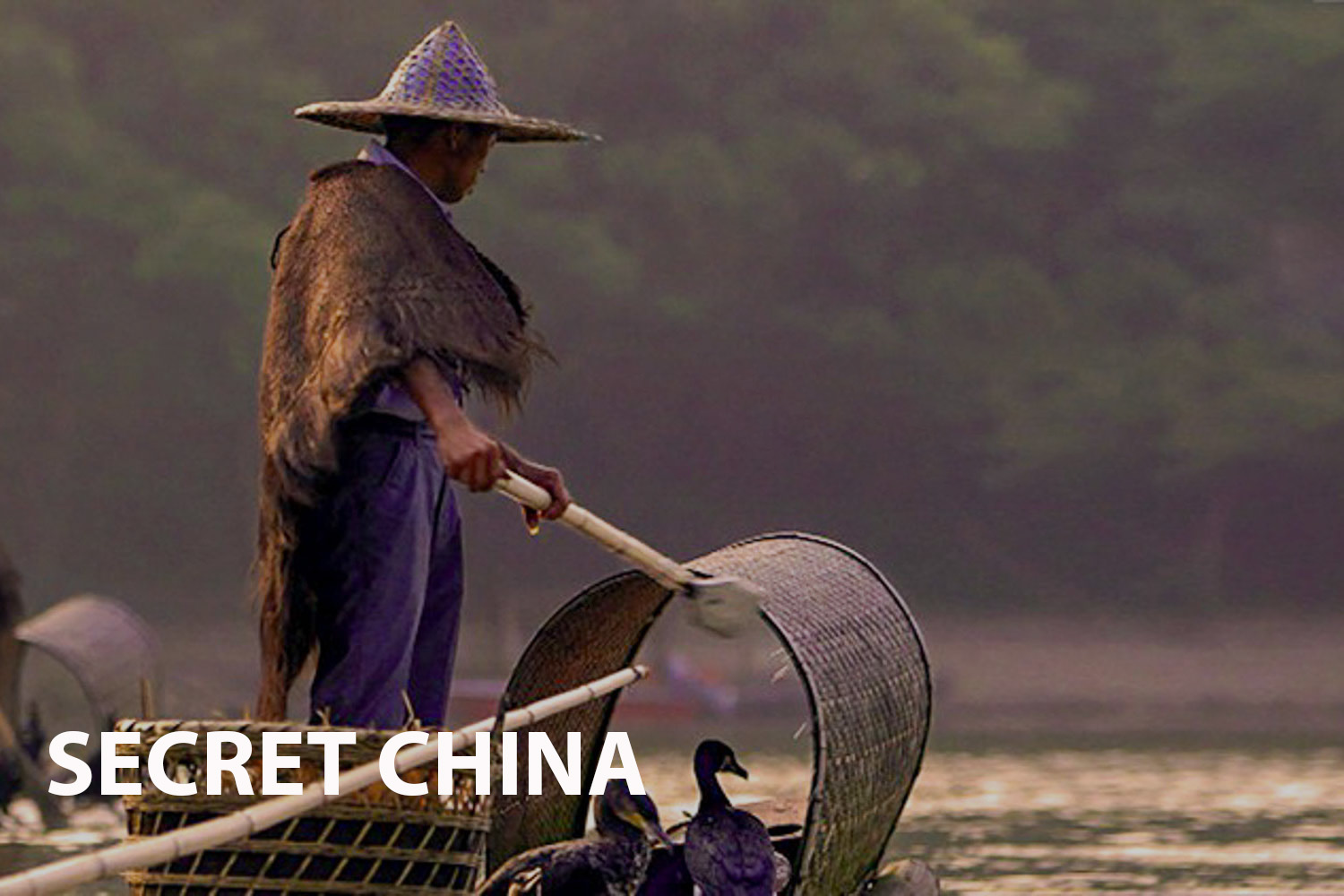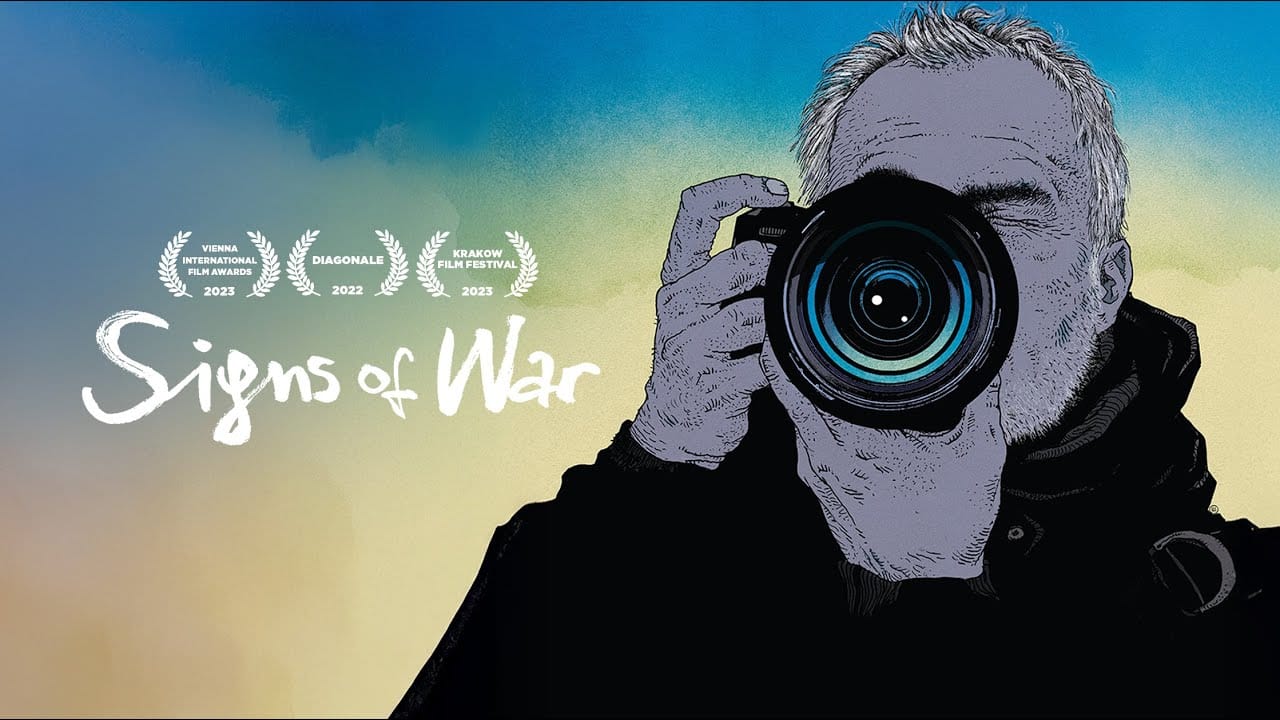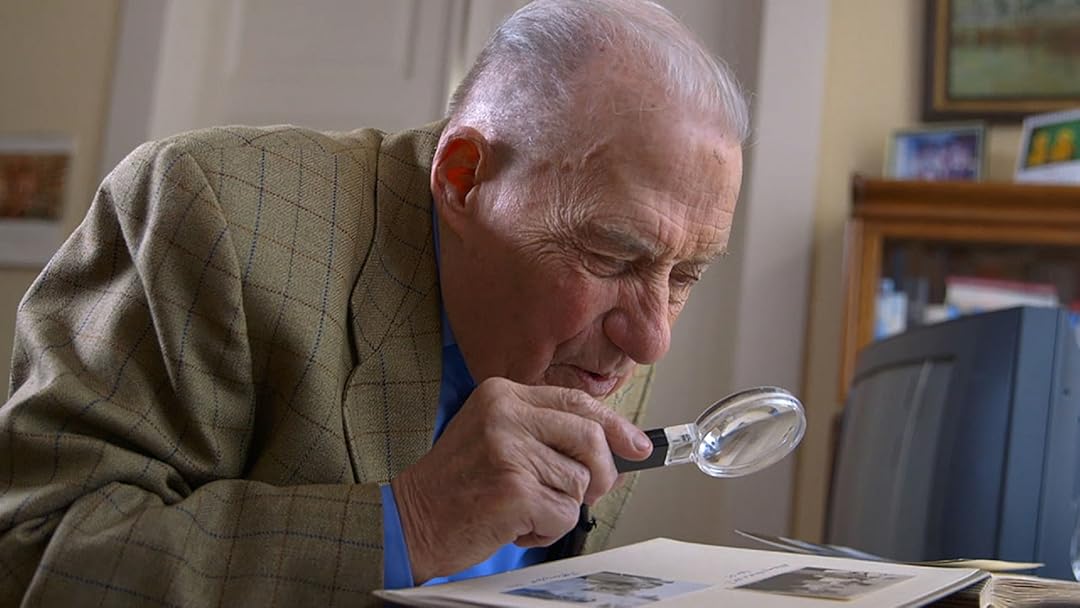Keywords: Chinese culture, rural life, Chinese tradition, nature, extreme conditions, historical practices, Asian steppes, tea preparation, ice fishing, Three words: Enlightening, Revealing, Cultural
Introduction
"Secret China," an intriguing documentary released in 2015, invites viewers on a unique journey into the heart of rural China. Beyond the familiar images of skyscrapers and bustling crowds, this film uncovers a land of extremes, where resourceful men and women have built extraordinary lives against all odds.
Synopsis
"Secret China" offers a striking contrast to the stereotype of China as a land of skyscrapers and industrial might. It introduces us to herdsmen on the great Asian steppes who learn to ride before they can walk, farmers in remote mountains who prepare tea as their ancestors did a thousand years ago, and ice fishers on the Russian border braving temperatures of minus 40˚C.
More Film Analysis
Analysis
The documentary's approach is both exploratory and respectful, providing a detailed portrayal of the historical practices and rural life in China. It balances the portrayal of these unique lifestyles with a deep appreciation for their resilience and cultural significance.
Historical and Factual Context
The film provides a historical context, tracing back the origins of these unique practices and lifestyles. From the ancient art of tea preparation to the harsh realities of ice fishing, viewers gain a deeper understanding of how these traditions have endured through centuries.
Key themes in the film
- Resilience of rural communities
- The importance of tradition
- The contrast between urban and rural life
- The relationship between man and nature
- China's untold cultural richness
Film Comparisons
While many documentaries focus on China's urbanization and economic growth, "Secret China" stands out for its focus on the country's rural traditions and practices. It offers a unique perspective, similar to films like "Up the Yangtze" and "Last Train Home," but with a unique focus on the extreme conditions and historical practices of rural life.
Noteworthy Moments
One of the most significant moments in the documentary is when viewers are introduced to the ancient practice of tea preparation in the remote mountains, a tradition that has been preserved for over a thousand years. The scenes featuring the ice fishers on the Russian border also stand out for their portrayal of extreme resilience.
Reviews
The documentary has been well-received for its stunning visuals and insightful exploration of rural China. Audiences have described it as an "eye-opening experience," and critics have praised it for its "engaging storytelling and profound respect for the people it portrays."
Conclusion
"Secret China" is a must-watch for anyone interested in Chinese culture, history, and rural life. It provides a unique perspective on a lesser-known side of China, making it an enlightening watch for those seeking to understand this diverse and complex country better.
More film information:
FILM SUMMARY
- Genre: Documentary
PERSONALITIES
- Herdsmen of the great Asian steppes
- Traditional tea farmers in the mountains
- Ice fishers on the Russian border
LOCATIONS
- The great Asian steppes
- Remote mountainous tea farms
- Russian border for ice fishing
Key Questions Raised by the Film:
- How do these traditional practices reflect Chinese culture and history?
- How have these communities managed to preserve these traditions in the face of modernization?
- What can urban societies learn from these rural communities?
Links for Further Exploration:
I wonder what the film would be in another art form



- If this film was a famous book, which one would it be? "The Good Earth" by Pearl S. Buck, for its depiction of rural life in China.
- If this film was a famous song, which one would it be? "Homeward Bound" by Simon & Garfunkel, for its theme of longing for a simpler, more grounded lifestyle.
- If this film was a famous piece of art, which one would it be? "The Great Wave off Kanagawa" by Katsushika Hokusai, for its portrayal of nature's might and beauty.
- If this film was a famous celebrity, who would it be? Jackie Chan, for his Chinese roots and the resilience he embodies.
- If this film was a color, which one would it be? Green, symbolizing the vitality and resilience of rural life.
- If this film was a music style, which one would it be? Folk music, for its roots in tradition and storytelling.








